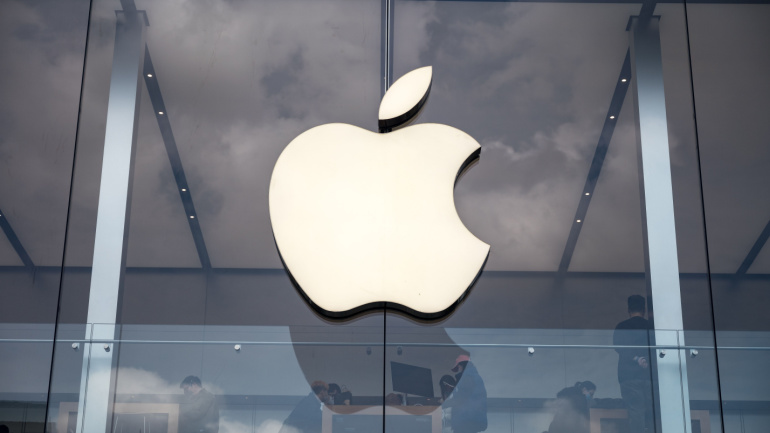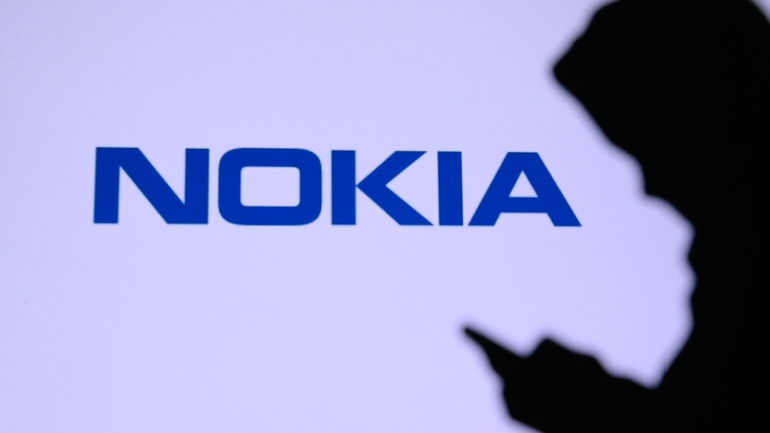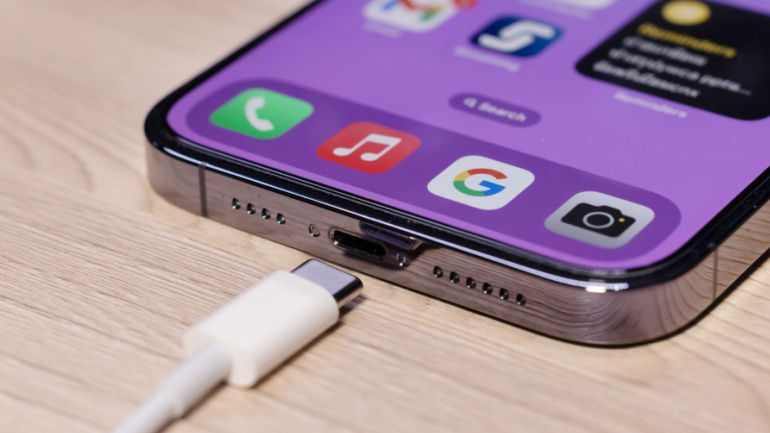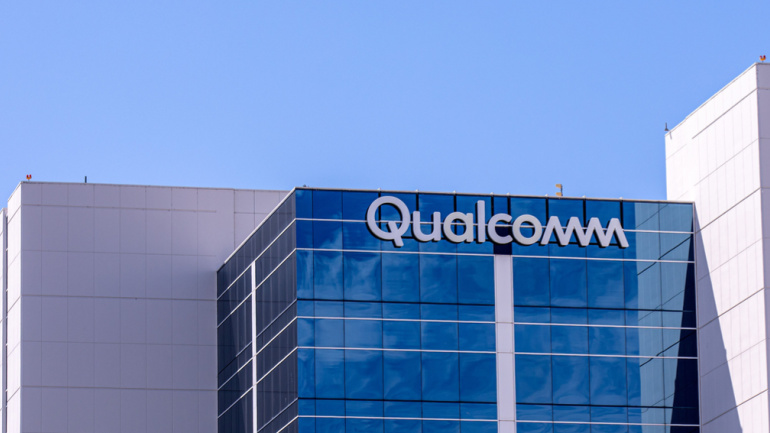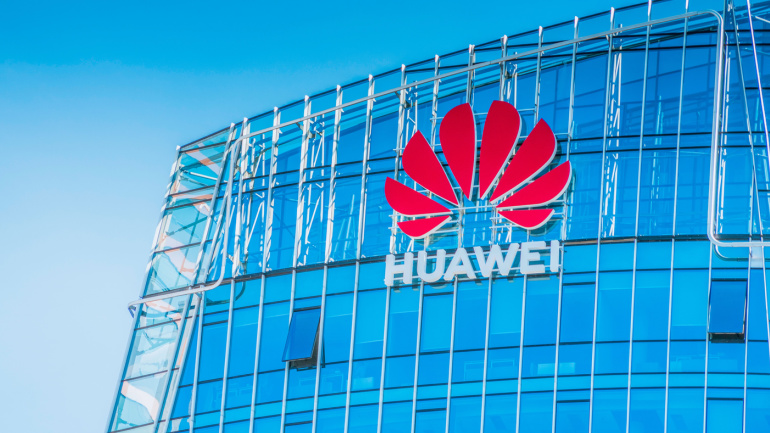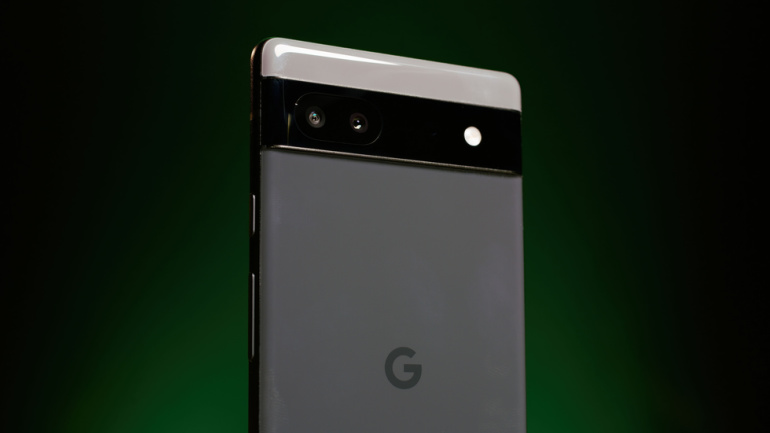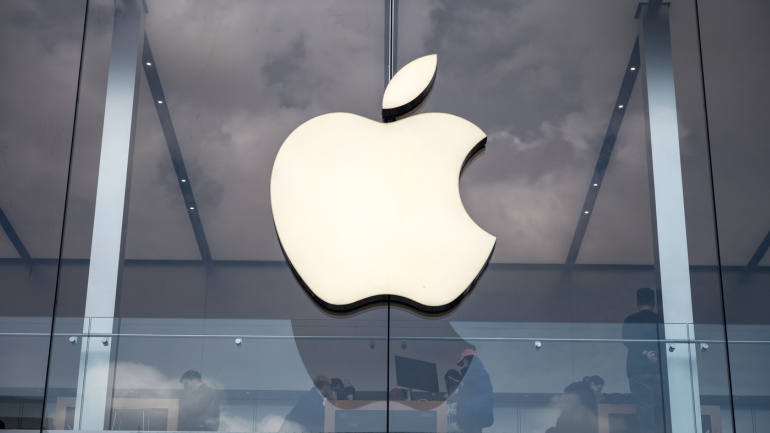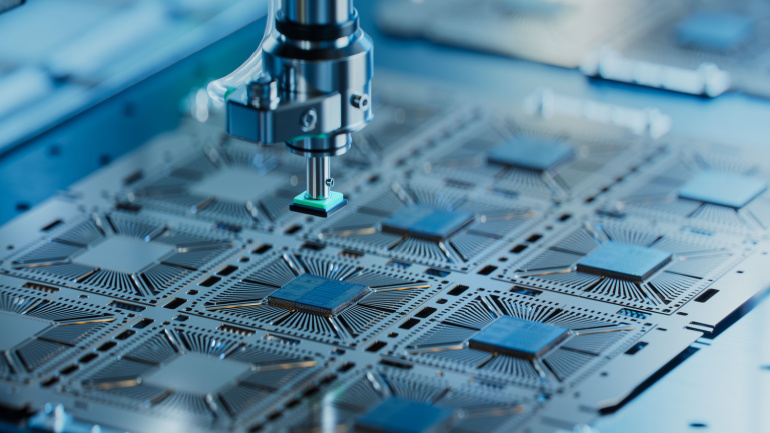Exploring Apple’s groundbreaking leap in silicon innovation with their latest M3, M3 Pro, and M3 Max products, it’s evident that personal computer processing is being redefined. Promising substantially expedited rendering times and performance enhancements across the board, Apple offers these not as mere upgrades, but as game-changers in the hardware world. Furthermore, these innovations signal noteworthy shifts in the broader landscape of PC CPU chips, traditionally dominated by Intel and AMD, now facing exciting competition. Dive deeper to discover the impact of these changes in the world of technology.
HMD Global sets a new bar in smartphone manufacturing with the Nokia XR21, claiming ‘military-grade durability’ and localized data storage for improved security. Remarkably, this sturdy device boasts a chassis made from 100% recycled aluminium, affirming the company’s commitment to sustainability. As an added boon, it has moved its manufacturing to Europe, enhancing the product quality control. This move hints at the potential appeal of a ‘Made in Europe’ smartphone in an overwhelmingly Asian-dominated market.
The global wearable device market has bounced back, with an 8.5% year-on-year increase in Q2 shipments, counteracting a two-quarter decline. This upswing is not all positive news, with the market value taking a hit as competition leads to hefty price discounts. However, a growing preference for comprehensive health tracking provides exciting potential, with major brands and emerging players closely eyeing this trend. An interesting spectrum lies ahead in wearable technology, where even the traditional dominance of smartwatches may be contested by earware.
Apple’s recent unveiling of four new iPhone models, with prices starting from £799, highlights the company’s steady stream of innovation. This release has also stirred debate among smartphone enthusiasts questioning the extent of the innovations, especially considering the premium pricing. Despite predicted criticism, Apple maintains its market dominance by committing to incremental upgrades, asserting a commitment to environmental responsibility, and boasting durable, low-bug products.
Apple’s pursuit of self-reliance in 5G technology is put to the test as it continues its reliance on Qualcomm’s Snapdragon 5G Modem‑RF Systems till 2026. Despite acquiring Intel’s modem segment after a failed business collaboration, Apple’s efforts to create an in-house 5G modem cast doubt on its separation from Qualcomm. The competition intensifies with Huawei’s claim of a successful 5G modem design, amidst the encroaching discussions on 6G technology.
In a collaboration with Bloomberg, Canadian company TechInsights racks the Huawei Mate 60 Pro under scrutiny, examining whether the covertly launched flagship phone can surpass the considerable limitations imposed on it by the US government.
In a bid to keep pace with the recent barrage of tech revelations from its contemporaries, Google has slated October 4th for the grand debut of its latest Pixel phones and the eagerly anticipated Pixel Watch. In a communiqué dispatched to media representatives today, the corporation revealed that the upcoming Made by Google event, synonymous with its in-house hardware premieres, is scheduled for New York City, with the keynote kickoff pegged at 10:00 a.m. Eastern Time.
Apple’s stance on users’ right to repair their iPhones and Macs has shifted dramatically over the years. From opposing repair rights and warning against potential security risks, the tech giant is now endorsing California’s SB 244, a significant right-to-repair bill with far-reaching implications.
Deutsche Telekom and Google venture into tablet manufacturing, pinning their hopes on the affordable “T Tablet”. Designed for digital learning, this device blends advanced hardware, potent software, and network capabilities. Aiming at a wider 5G access, it also targets narrowing the digital divide. The tablet’s debut could spark new conversations about digitization in the education sector and beyond.
The Biden Administration’s ambitious $2 trillion infrastructure plan injects considerable capital into US chip production, with the aim of bolstering national security and reducing reliance on foreign manufacturers. Last year, the US produced only 12% of the world’s chips, highlighting a dependency on international manufacturers, primarily in Asia. Intel emerges as a key beneficiary of this investment, declaring over $43.5 billion towards manufacturing units across the US. Yet, for some companies, the journey remains fraught with caution as they await the federal funding.



